Another Way of Looking At Creativity and Originality
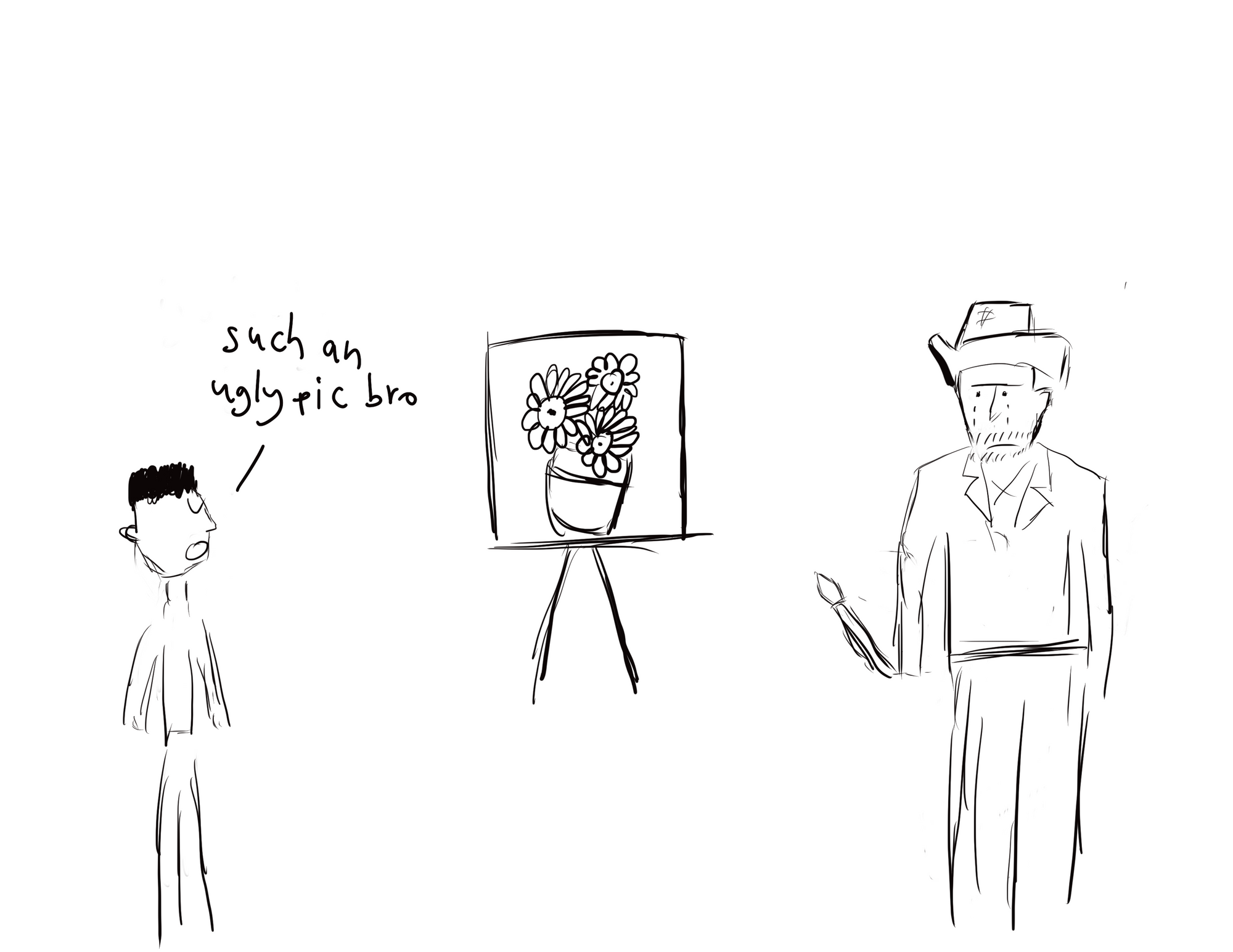
“That’s just why, because talent isn’t genius, and no amount of energy can make it. I want to be great, or nothing. I won’t be a common-place dauber, so I don’t intend to try anymore.” - Amy March, Little Women.
This is one of the most impressive lines by Amy March, the protagonist from my favorite book and its adapted movie, Little Women. Amy was learning painting in Europe, and getting exposed to other great wonders eventually “took all the vanity out of me”, and left her with despair and a sense of failure, cause she realized she wasn’t genius, and could never be a great painter.

If we don’t consider the 19th context of this line, when women were heavily oppressed, we can see that this is how most people, even in this modern day, perceive talent, genius, and most importantly, creativity and originality.
It is believed that some are born with creativity, and some don’t. Either you have it, or you don’t, and there’s no way to measure it. A lightbulb suddenly appears inside creative people’s minds cause they’re the chosen ones, and then BAM, they go and make that idea come true, smoothly and easily.
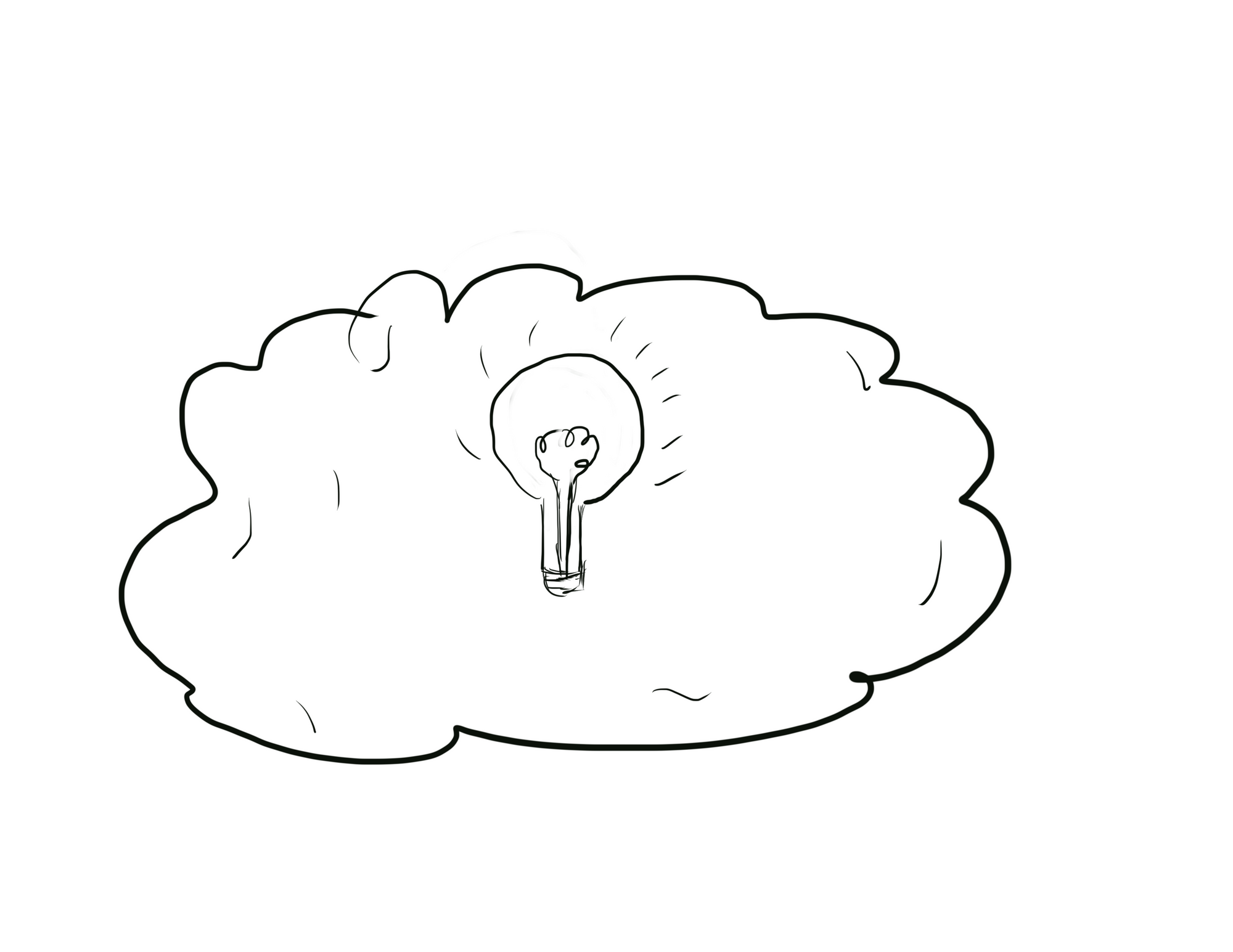
Creativity is something that luxury and frivolous, and such mental illness and sufferings make creativity. Just look around, great artists die young and get misunderstood by society. They use drugs and alcohol, hook up, and party for inspiration. That’s all about creativity. But I don’t believe so, and neither many psychologists and neuroscientists. So in this article, I would break the assumptions and bring another way of looking into creativity and originality, which might actually benefit you in the future, I hope.

First of all, what is creativity, then, if it’s not the thing above?
We can approach creativity in 2 ways.
The first way is to view creativity as something abstract, subjective, and individualistic.
I think there’s one quote that perfectly summarizes this view, which is “Beauty is in the eyes of the beholders.” Each of us has our own opinions about what is beautiful and what is creative, so let it be that way without any measurements.
Now let’s consider this. A physicist creates a new formula to travel time, but it violates the basic rules of physics, and later is proved wrong by other physicists in the field. Or when I draw a painting that looks exactly the same as it’s painted by a 5-year-old kid, will people call it creative and original? I highly doubt it. If we take this side of individuality, self-assurance and positive thinking are all we need to be creative. Society is dumb, anyways.
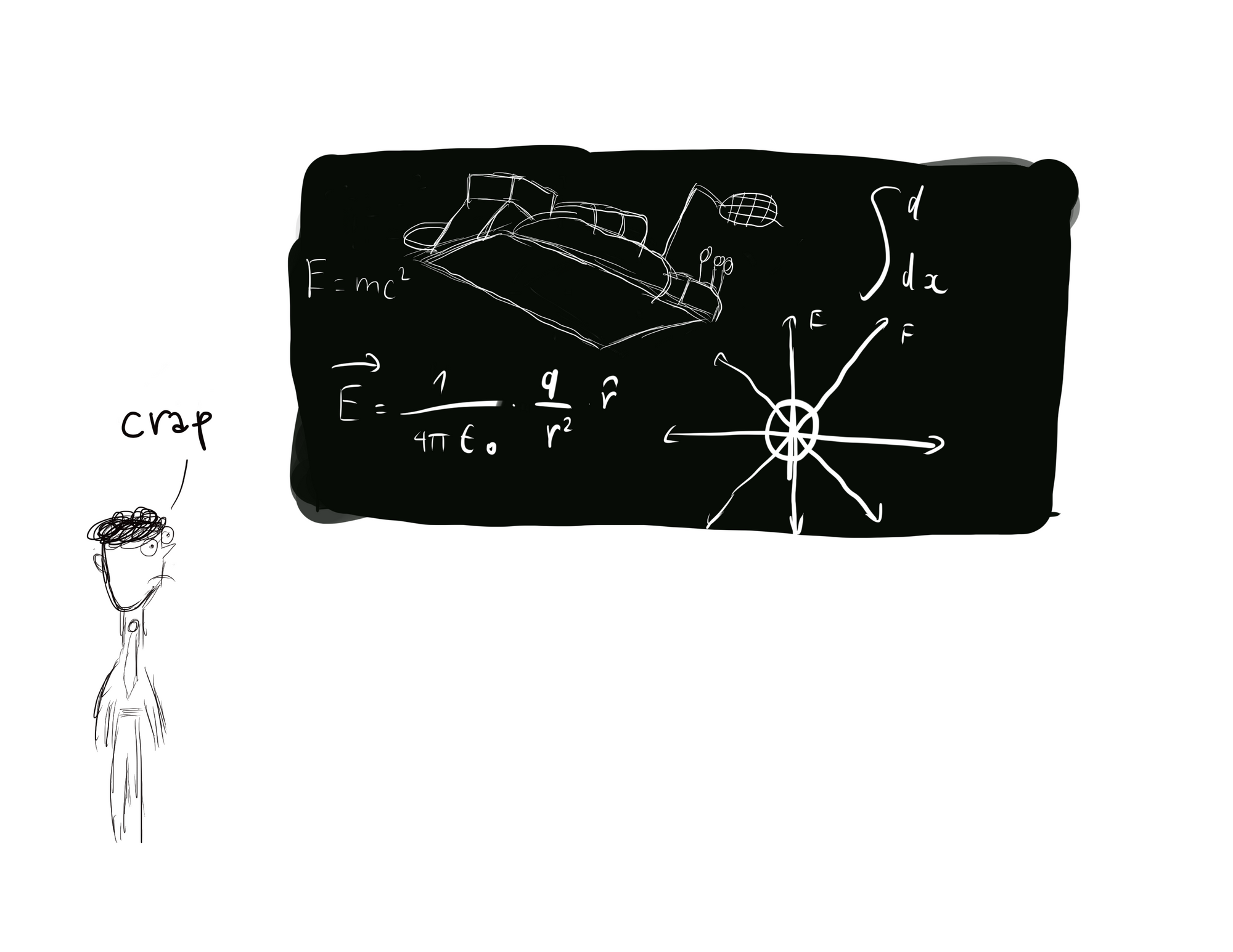
Some people may think of Vincent Van Gogh and Gregor Mendel (The one who discovered the laws of inheritance in biology by playing with peas, in case you forgot.) They made groundbreaking discoveries in their own fields but got misunderstood by society for the rest of their living life. But it was that dumb society, later on, after their death, would rediscover their work and gave them the credit they deserved.
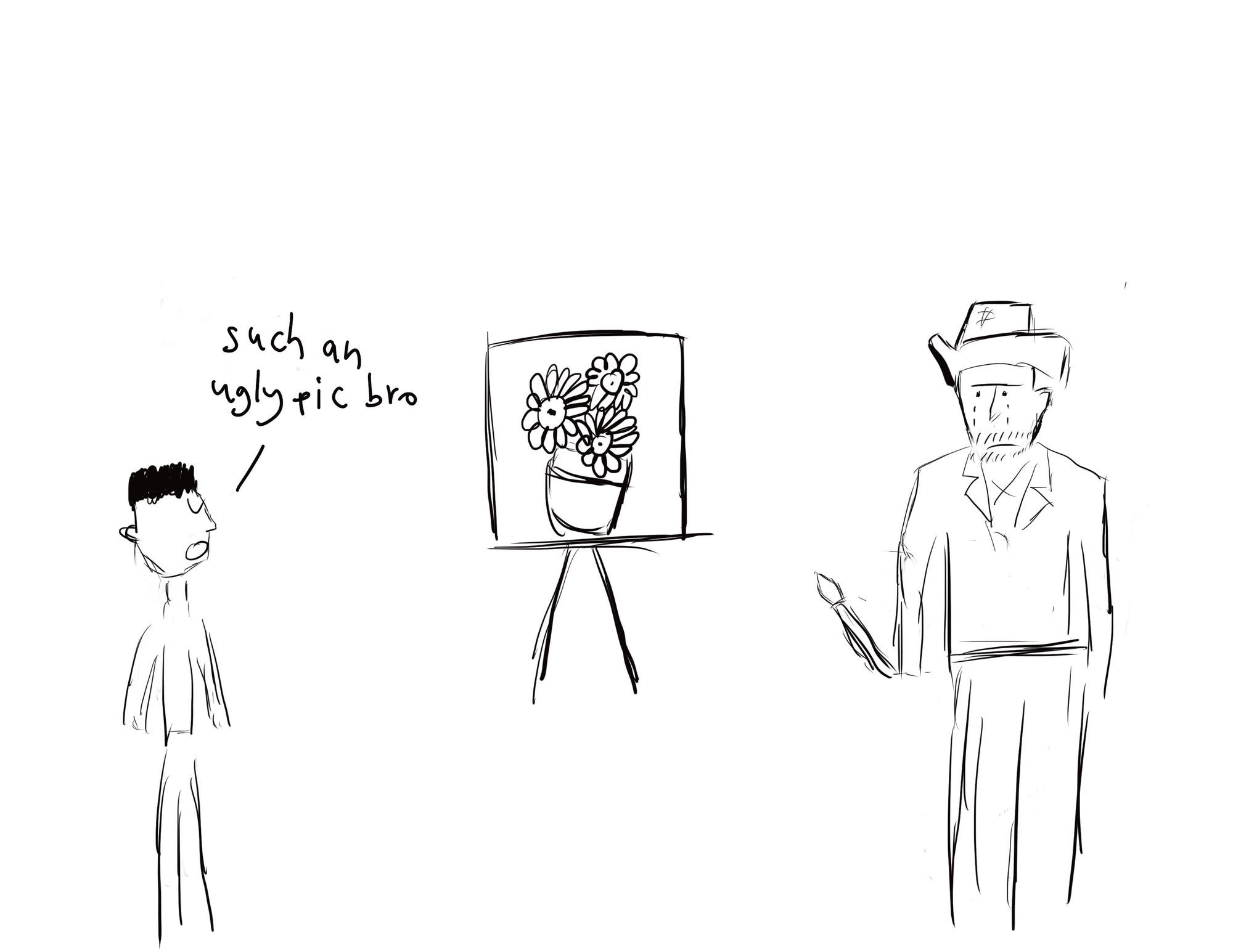
And from there, people use those discoveries as rules and inspiration to follow and build greater things for the future. If experts never validated Van Gogh, he would forever remain a weird and suicidal man who painted awful ugly canvas. When Einstein first published his relativity theory, only 3 people in the world could understand it. But those 3 specific people were enough to convince the physics field, and later the whole society.
As you can tell, if we continue this approach with creativity, take the creativity out of social context, and only look at it on an individualistic scale, it kinda goes into the dead end.
So here’s the second way to approach creativity.
Creativity should be a combination of 3 following elements:
- A culture, or a field, such as physics or literature
- The creator who brings an idea into that field. If the field is literature, that person can be someone who writes, or if the field is physics, it can be a physicist.
- Other experts in the field. These experts should be skillful, open-minded, and experienced enough to decide whether to approve or reject this new idea.
Just like that, creativity is the interaction between a person’s mind with the whole sociocultural context. And it goes the same way for originality, which means making something new, valuable, understandable, and useful for society. In conclusion, creativity is an idea or product that can change the world for the better.
The creative level doesn’t depend only on the person’s ability and personal insights. It depends on the ability of the field to recognize and accept the new idea. It is the cooperation of the culture, the field rules, the expert in the field, and the creative people themselves. In fact, for humans to develop, creativity must be reconstructed, then deconstructed several times.
Many successful and creative people reported that their discoveries were at the right time, and at the right place when society benefited them the most. For example, during wartime, men were drafted and died a lot. So universities and research labs had no choice other than taking women and educating them, to produce white-collar workers to serve society. For the first time, women got full access to cutting-edge technology and education. Their works and opinions were seriously considered. And soon enough, there were great women scientists like Grace Hopper, who worked for the Navy and invented the first computer compiler. If one person never got exposed to the field, they will never be creative. Exposing can also include childhood experience, as well as higher education.

Society is very selective. For surviving. We must be selective, or else our brains will die of information overflow. We only read, watch, and use certain things. Creative people must convince the society that their work is worth the time and consideration. And to do so, that person must know how their field works through learning all previous set rules (very very hard work), and how open the field is to new ideas. For example, art fields in general are more open to ideas than the science field, such as medicine. It takes like 100 years to develop a clinical protocol, and if a researcher wants to make any changes, the new protocol must undergo a lot of examination before getting approved.
Because of the inherently hard work of creativity, it is unfair to say that creativity is only for certain people who are born with it. It’s more like a trained skill, something that we must sacrifice a lot of things to achieve. Social media and Hollywood movies contribute the most to this misleading fact. People only like to see the final result, but neither do they realize how tedious and hard the workload creative individuals must go through to gain such achievements. Social media is a perfect place to highlight short and spicey articles, like “The girl becomes a billionaire in 3 months”, or “A 16-year-old teenager discovered new mathematic formula.”
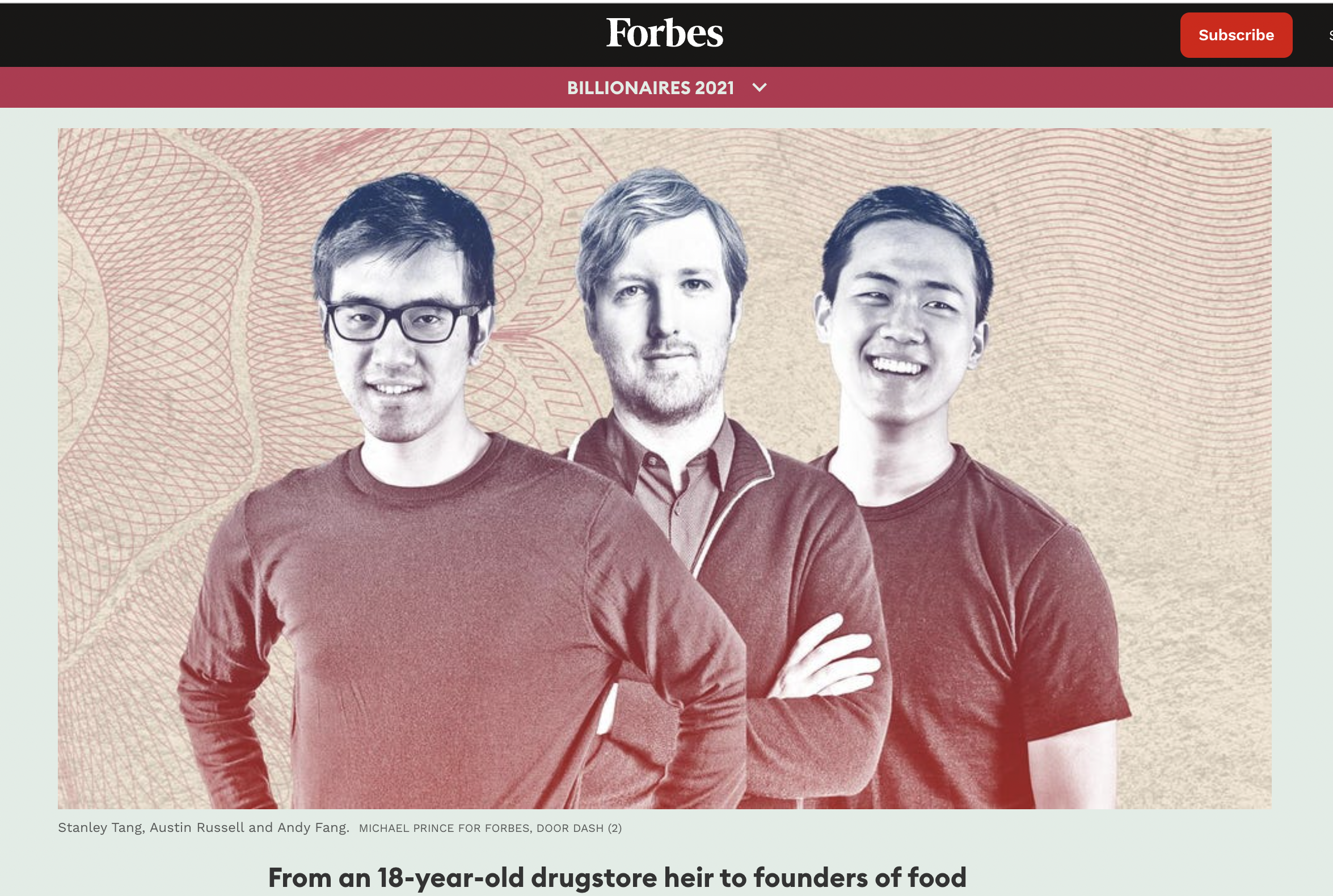
There’s a pretty famous movie called “Good Will Hunting”, that portrayed a young, rebellious teenager, who works as a janitor at a university. And one day, he randomly solves a math problem in like 3 minutes, while the greatest mathematics, who undergoes a lot of training, could not solve for years. In reality, being creative isn’t happening in one exciting moment at all. It’s a long, routine, and even tedious process to finally achieve something. I know movies and social media is for entertainment purpose only, but they can really get into your mind with the most misleading information ever.

So in conclusion, it would be flawed if we consider creativity without any social context. When a new idea is formed in a field, experts in that field will mostly be the ones that decide whether the idea is valuable enough for the society. Only then it can be added to the field, and become a part of the socio-cultural. An idea is only be called creative if it contributes good things to society.
Secondly, creativity will look less abstract if we break it down into 4 different categories.
- The people who express unusual thoughts and ideas. Have you ever met a friend, who is so exotic, and so weirdly intellectual? I have. She is so peculiar and interesting, and always carries a red umbrella with her, like an accessory (don’t ask why cause that’s the whole point.) When you talk to her, you feel like nothing matters, at all. These people don’t contribute to the society or leave any trace of themselves, except in the memories of people who know them. So let’s call these people brilliant, instead of creative.
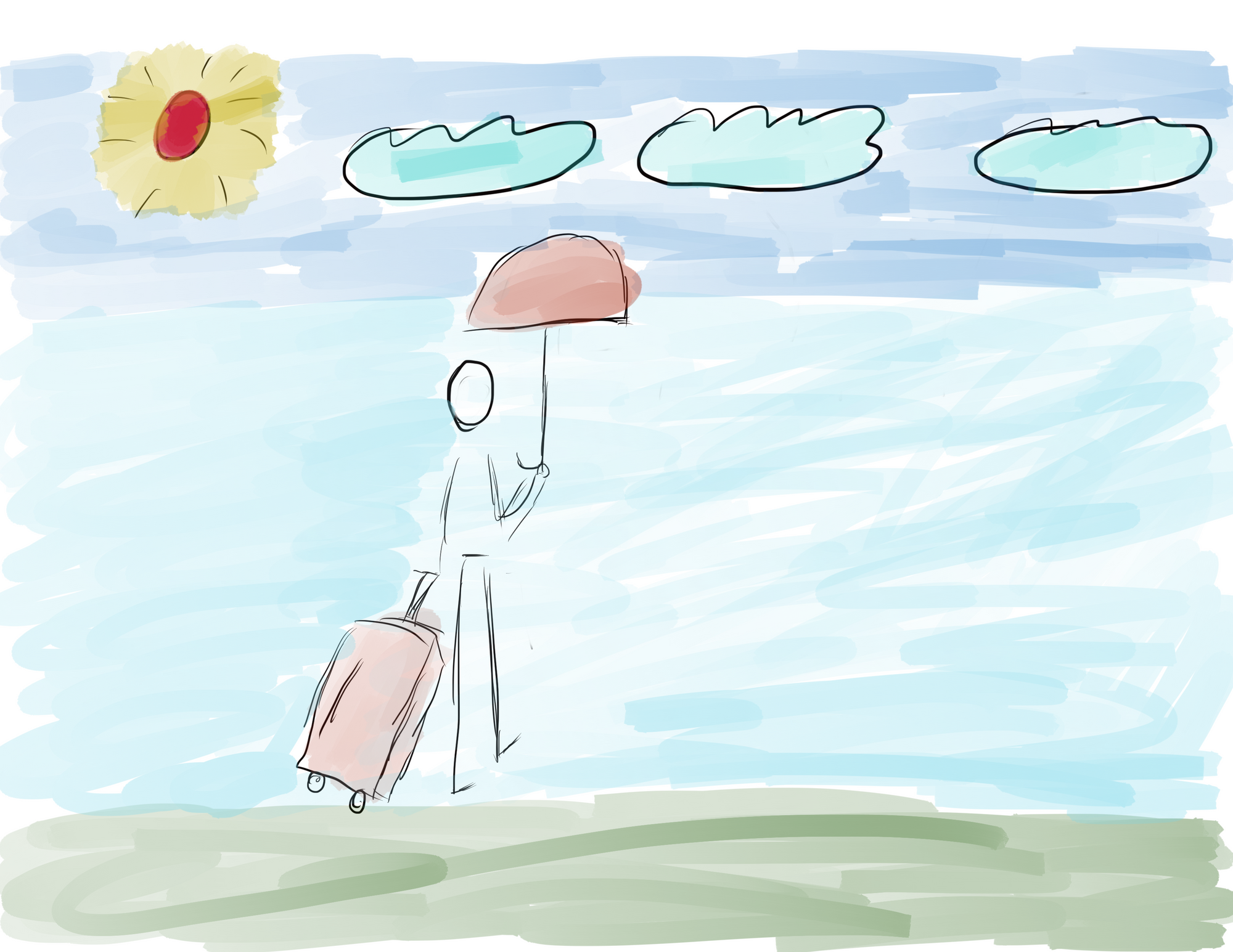
2. People who experience the world in novelty ways, and make discoveries that only they know about. A major writer of the 20th century Franz Kafka was kinda this person. He wrote his novels, some of which remain incomplete, and never showed them to anyone. After his death, his best friend published his work, against Kafka’s wish to burn all his writings to the ground. These people can be called personally creative.

3. People who change society with their discoveries. Like Leonardo Da Vinci from the Renaissance, or Alan Turing, the father of modern computer science. But surprisingly, in real life, many of these people are reported as nowhere near personally creative or brilliant. Some are even very anti-social, lacking common sense and basic skills.

4. Genius. Probably someone who is both creative and brilliant. This type of person is quite rare, to be honest.
So we can see that a person can be so brilliant, so smart, but doesn’t contribute much to society. While an ordinary, giggly person, can literally change the whole world. Does it lead you to something? Yeah, that’s right, the “creative” personalities we label to people, especially to artists. The reason why we label certain traits to creative people is cause we view creativity as something so mysterious and subjective, so we gotta use some explanation for it. It's easier to associate a creative person with traits such as romantic, unrealistic, and depressed.
Of course, there are artists, like Picasso, who is one of the worst womanizers and disturbing men I ever read about. But it's his personality, and it doesn't necessarily mean he's creative thanks to that traits. It's such a terrible way to romanticize shitty characteristics.

Artists are portrayed as mentally ill, suicidal, partying, and using drugs for inspiration. But in reality, the reason why many artists are like this is because of the success scene that promises too much, but actually rewards so little. While it can be true for artists to find inspiration in this way, I can confirm that actually creating is very hard and it takes a lot of energy and time. Great writer Haruki Murakami, in his memoir “What I Talk About When I Talk About Running”, reveals his daily disciplined schedule to wake up at 4, write for 6 hours, go running 26 kilometers, read books, then go to bed at 9. He literally drains both physical and emotional capacity to write, and to be creative. It’s not easy work at all. People won’t make decent things if they already use their time and energy on drugs and partying.

According to engineer Jacob Rabinow, there are 3 ways to become an original thinker in any field:
- Must have a tremendous amount of information in your field. Sponge as much and as deeply as you can. Becoming a big database is the only first step to getting there.
- Pull the ideas. Great ideas can come to anyone’s mind, it’s just an electrical pulse inside your brain. But actually executing the ideas is the hardest and most important part. You’ll never know what it looks like if you don’t do it.
- Ideas can be good and bad, brilliant and horrible. You must experience them, then chunk all the terrible ideas out, and keep pursuing great ideas.
And finally, why creativity?
Not everyone wants to be great. In fact, according to Stoicism and Buddhism, the desire to want to be remembered after death is absurd and stupid. We are just a tiny small thing in this billion-year-old Universe, and at the end of the day, nothing really matters. And becoming great shouldn’t be the ultimate purpose of anyone. Life is much more than that.

So yeah, why creativity?
Well, bringing something into existence is a fun journey. You learn something new, you struggle with it, it fucks you up, and then, on a random day, you make it. When you look back, you enjoy the process so well. I still remember when I first worked on my blog and my very first writings, I got concentrated so hard that I didn’t sleep for 2 days straight. Of course, it was unhealthy to do so constantly, but a great thing I realized, was being creative helped me focus on the present, and it prevents me from dwelling on my past, or wandering to the future. I just simply enjoyed that exact moment, and I’ve never been happier.

Your ultimate goal isn’t making something great, becoming famous, or getting super rich, you just do it for the enjoyment of creating things, and to feel more full with your life. And who knows, in your journey, you might devote yourself to it so much, that finally, the thing you make has no choice but becomes so significant to society.
As actor Ethan Hawke once said, “Allow yourself to be creative. We are here on this planet first to survive, then thrive. So just do it, get out of comfort zone, and have fun”. Creativity isn’t only about luxurious art, it can be anything that is meaningful and helpful for you and other people’s lives.
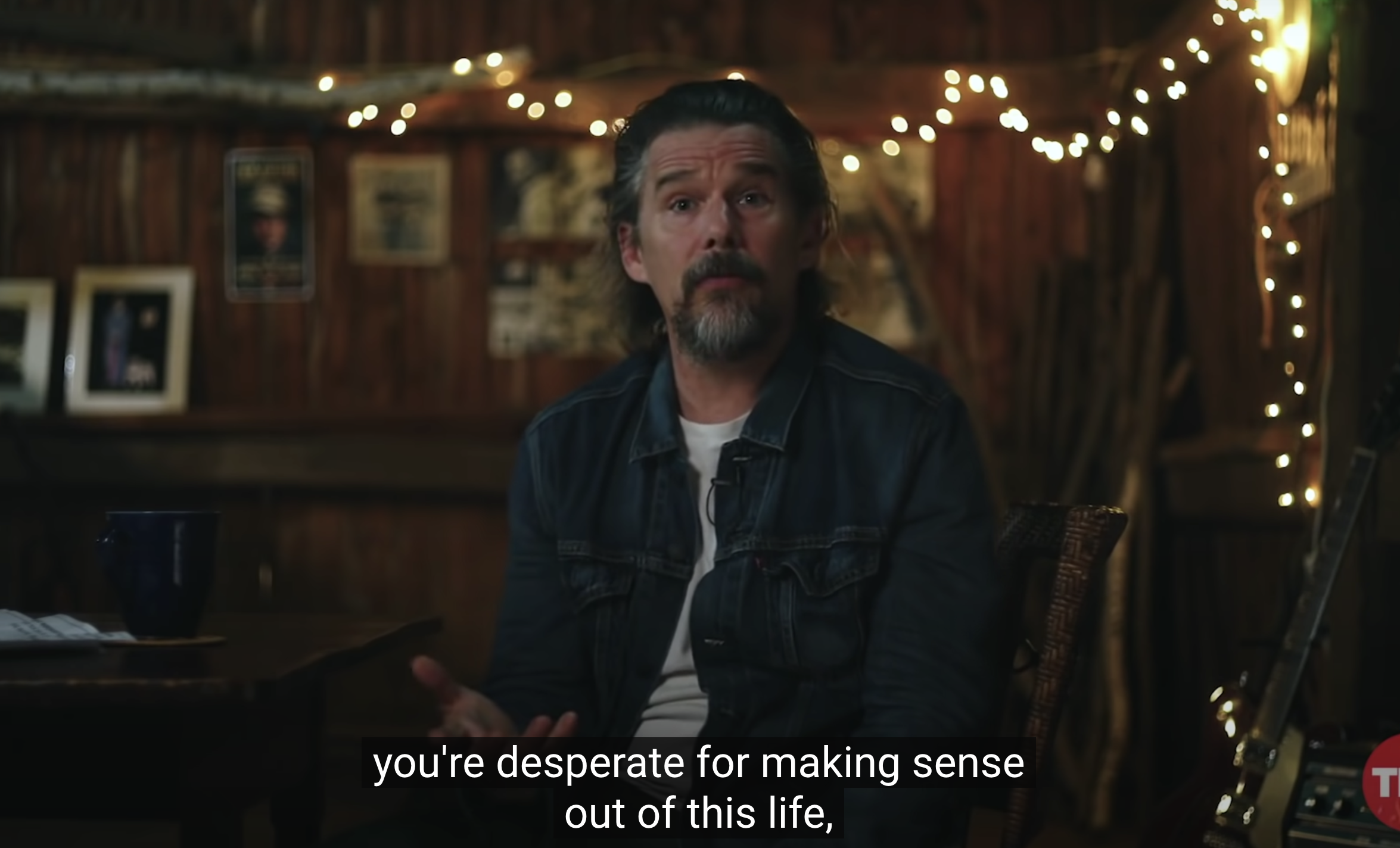
Sources
- Creativity: The Psychology of Discovery and Invention - Mihaly Csikszentmihalyi
2. Give yourself permission to be creative - E. Hawke